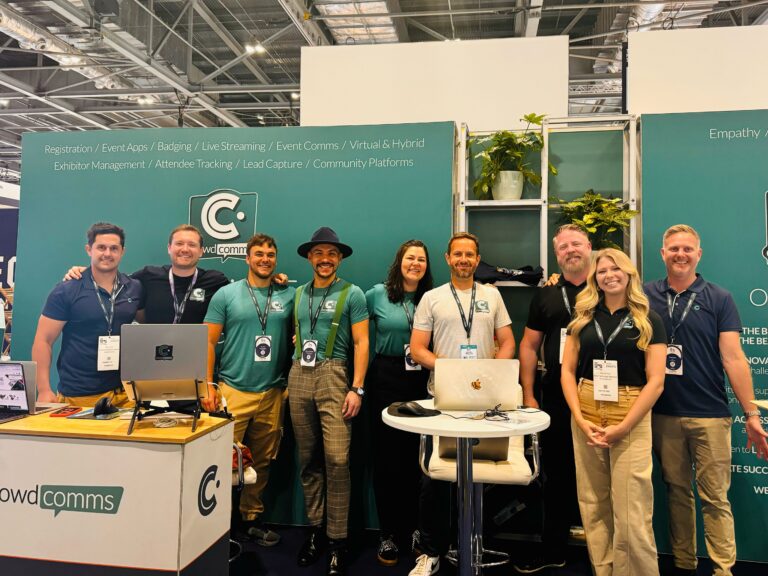Planning the Event
Site: research venues and locations that have a demonstrable commitment to sustainable events. Excellent recycling policies, waste minimisation and energy conservation practices will support your sustainability goals.
Extend the analysis to suppliers and contractors e.g. caterers and printers.
Location: choose a location that’s well serviced by public transport. Think about providing a shuttle service and/or offering an incentive for attendees who car pool.
Presenters and Speakers: where possible, opt for local presenters and speakers to minimise travel. Choose green hotels for overnight stays.
Marketing: include your sustainability goals in pre-event marketing. Don’t forget to provide tips on how attendees can help deliver these e.g. by recycling and reducing energy consumption. Also promote public transport options and any incentives for car-pooling.
Event Information: reduce consumption of paper and energy by using digital platforms. Any event related information can be communicated via event apps or an event platform. From travel details to agendas to speaker bios, event apps reduce paper waste and energy use.
Where paper is still necessary, choose recycled paper and plan to have recycling bins around the event venue. Ask attendees to return plastic name badges and provide a bin at the exit point for deposits.
Food: plan carefully to avoid waste. Accurate attendee estimates will ensure ample food with minimum leftovers. Choose menus based around local ingredients and/or dishes from sustainable sources.
Research compost services to collect and make use of food scraps.
Use reusable or recyclable napkins, tablecloths, plates and cups. Opt for large containers over individual cartons, cups or packets.
At The Event
Stands and decoration: where possible, choose recyclable materials for stands, banners, posters and ancillary decorations such as bunting and centrepieces. Ask event exhibitors to mirror your sustainability approach if they can.
Signage: mark recycling points and bins. Provide information regarding energy and water conservation tips. Highlight menu items that contain organic, locally sourced, sustainable crops etc.
Promote: make specific mention of the event’s sustainability targets and remind attendees how they can help support the objectives.
After The Event
Polling: include evaluation questions in post-event attendee polling.
Types of questions you can ask include: effectiveness of the sustainability features e.g. recycling points, whether attendees felt the sustainability message was prominent and clear enough, how important sustainability is when choosing which events to attend and what transport they used to travel to the event.
Analyse: It’s important to know whether your sustainability targets were met. Review transport choices, assess how much material was recycled, ask the venue for energy consumption stats and ask the caterers to report back on menu choices.
Promote success measures in post event communication.





